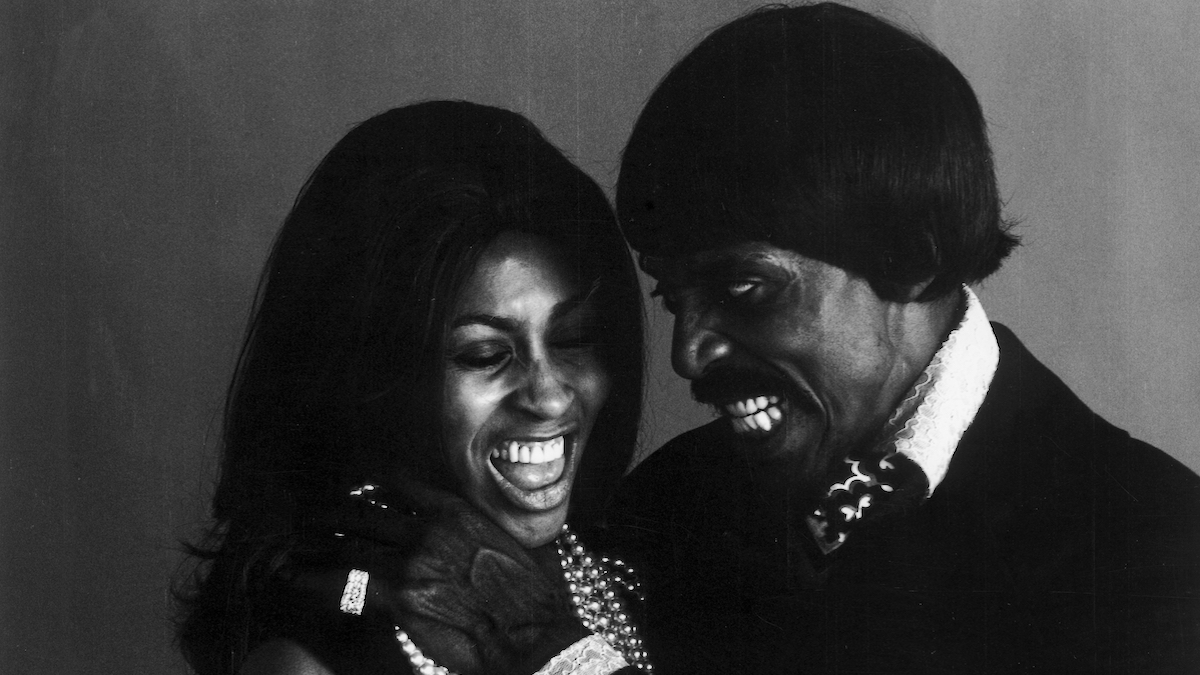This article contains topics of discussion regarding abuse and drug use. Please take care while reading.
In early 2023, beloved musician and actress Tina Turner passed away after what was reported as both a long illness and natural causes. Friends, family, and fans began pouring out tributes, highlighting her passion, dedication, talent, and the love she shared with others. Turner’s vibrancy couldn’t be diminished by anything, none of the hardships she faced nor the way she suffered at the hands of her abusive ex-husband, Ike Turner.
The relationship between Tina and Ike was turbulent, and that actually feels like putting it mildly. He was said to be emotionally, physically, and mentally abusive, and it took a lot of bravery for Tina to walk away from a relationship that felt more like being stuck in an ever-present storm than a romance. In 1978, Tina left Ike, and she would go on to write about their story in two memoirs: I, Tina in 1986, and Tina Turner: My Love Story in 2018.
While both Ike and Tina were famous in their own right, in the months that followed Tina’s death, her fans have taken a renewed interest in finding out who Ike was, what their relationship was like, and what happened to him after Tina left him.
Who was Ike Turner, and why was Tina leaving him so important?
Ike Turner, aka Izear Luster Turner Jr., was a musician, talent scout, songwriter, and record producer. Ike is considered one of the leading men of 1950s rock and roll, with much of his career brilliance noted about his work with Tina as the founder of the Ike & Tina Turner Revue. If you looked at his accolades in music alone, it would be easy to call him quite a talent and a powerhouse in the industry. In fact, he’s still hailed as an innovator, creator, and blender of genres, helping form songs that are iconic to the industry to this day.
However, the other side of Ike Turner is behind some of the most heartbreaking headlines in his own life and that of Tina’s. Ike grew up seeing violence and abuse as often as he saw love, if not more often, but he wrote the same stories instead of striving to change the narrative for himself as an adult.
He first crossed paths with Tina in 1957, as Tina was a fan of his band, Kings of Rhythm. Tina wasn’t initially attracted to Ike, but their chemistry in music was undeniable from the beginning, and as they spent more time together — the relationship between them changed. The pair married in 1962, and their relationship lasted through 1978, but it wasn’t a bond rooted in love and magic; Tina says that the moment Ike saw her as financially valuable, things took off on a terrible path.
“He needed to control me, economically and psychologically, so I could never leave him.”
Ike had control over Tina for years, and her leaving him took time because of the abuse she suffered at his hands, or rather, at things he held in his hands. Turner says that he knew, as a guitar player, that he couldn’t use his fists and risk injury, so he would abuse her with other things.
Tina detailed specifics of her abuse in her memoir, and while we’ll not get into the super graphic here, it’s important to note the strength it took to leave Ike, and more than that, it’s necessary to point out that the abuse she suffered was life-altering. He threw scalding coffee in her face, he broke bones in her face, and she said that she “couldn’t remember what it was like not to have a black eye.”
Tina was brave.
Ike continued his journey in the business after Tina left him, working with other artists like Chaka Khan, Marcy Thomas, Jeanette Bazzell Turner, and Holly Maxwell. He continued creating new music in addition to being featured in documentaries on rock and roll and soul music.
How did Ike Turner die?
Ike Turner died in 2007, and the cause of his passing was confirmed as a drug overdose soon after.
He was sent to jail for his cocaine use, which he says was not part of his early growing up, claiming that “two well-known performers in Las Vegas, both now deceased,” are responsible for introducing him to the drug. While he says that he was unsure if he was truly ever “addicted” to the drug, he showcased a hole in his septum, something linked to frequent cocaine usage, in an interview with People.
Ike had run-ins with the law due to his drug usage throughout many years of his life, and after being paroled in 1991 for an arrest after being intoxicated while driving, he stayed clean for several years. However, in 2004, he relapsed.
A few years later, he would go on to pass away from a drug overdose, and it was a sad way to end an already convoluted story, one that brought with it some incredible technical success but more pain and heartache than he ever could have imagined.
May we remember Tina’s bravery in leaving Ike and his abuse as we look back on her life and the time they shared.
If you are experiencing domestic abuse, or if you believe someone you know is being abused, contact The National Domestic Violence Hotline. The hotline can be reached at 1-800-799-SAFE or spoken with online via the hotline’s website. Mobile phone owners can also text “START” to the number 88788.

